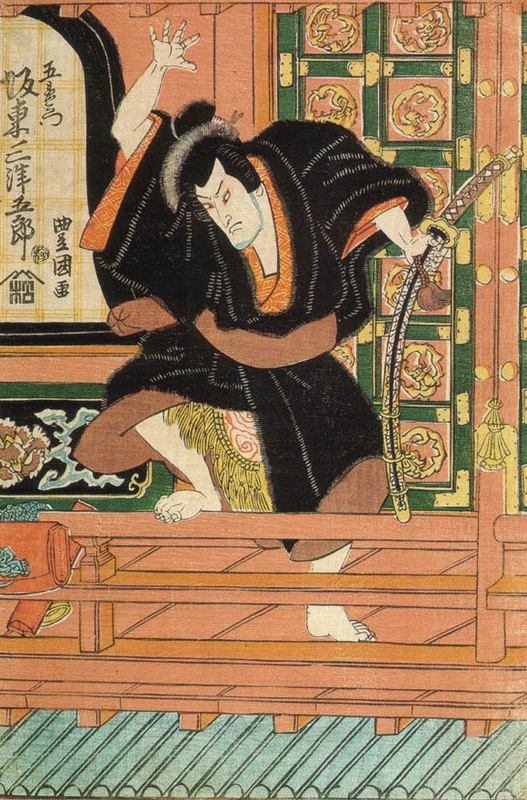|
Ishikawa means "Rocky River" in Japanese. I learned this the other day from my friend Yasumasa (Tra) Ishikawa in Tokyo, who calls himself "Tiger" in English.
We have covered Baseball Classics and World Cups and Summer Games in Beijing together. He is aware that an American named Travis Ishikawa is diligently playing left field in the World Series for the San Francisco Giants, whose colors and history are linked to the Tokyo Giants. Travis Ishikawa is an itinerant first baseman who has bounced around from club to club, from majors to minors, but will forever be honored by Giants fans for hitting the three-run homer that won the pennant against St. Louis. I did not know anything about him until the post-homer interview, when he thanked God, in an American accent, straight from the Seattle-Tacoma area. "As family names it’s one of very popular names," my friend Tra-san wrote me from Tokyo, saying how his namesake's great-great grandfather has emigrated to Hawaii and on to the American mainland. "There were many emigrants from Okinawa to Hawaii to get a job in banana or pineapple plantations before World War II. These first Japanese emigrant generation worked hard and they eager to let their children to get better educations," Tra-san wrote. I also did not know that Ishikawa is one of the familiar names in Japan, with one branch stemming from a major samurai family. I also did not know there is a Ishikawa Prefecture, or region. Ishikawa Goemon was known as a robber in the 16th Century, who was ultimately killed in boiling water. His character is a staple of Kabuki theater. There was also a famous poet named Ishikawa Jozan. Tra Ishikawa and Travis Ishikawa have had their personal rocky rivers. Tra-san is using his English ability to drive foreign visitors around Tokyo. Not long ago, Ken Belson, my Times friend, who used to work in Japan, got into a cab and the driver said, in English, "I met you in Sapporo in 2002." That was for the England-Argentina match. I was there. Travis Ishikawa played more games in Fresno in the minor leagues than in the major leagues this season. He almost quit. Now he chases fly balls, in an unfamiliar position, in the quaint little event we like to call the World Series. Both men bring honor to a grand Japanese name.
3 Comments
10/6/2016 03:31:58 am
Now you can see the most important content to get make some free followers on instagram account online and also see some online free instagram followers to make increase follower easily.
Reply
11/8/2016 11:24:02 am
Indeed it is great to have free xbox live codes,It's helps you to get the xbox live gold membership.If you need to save bucks then it is the best things for you.
Reply
Leave a Reply. |
Categories
All
|











